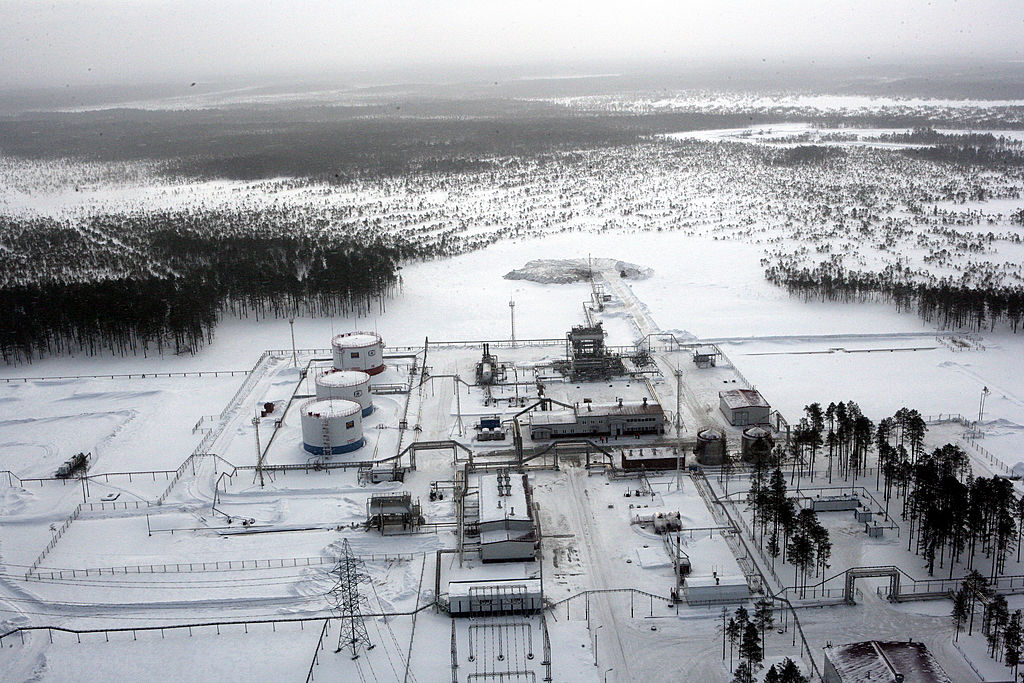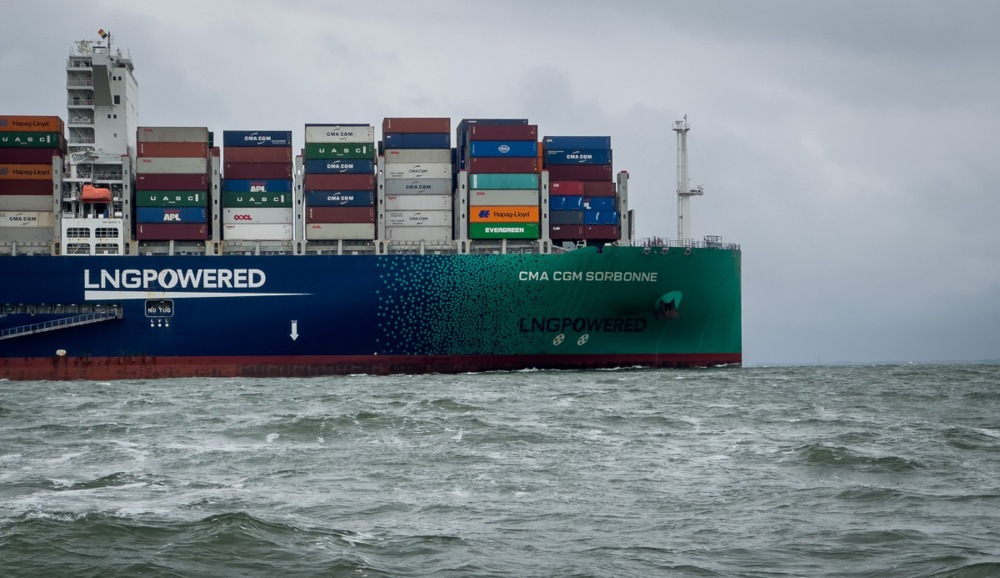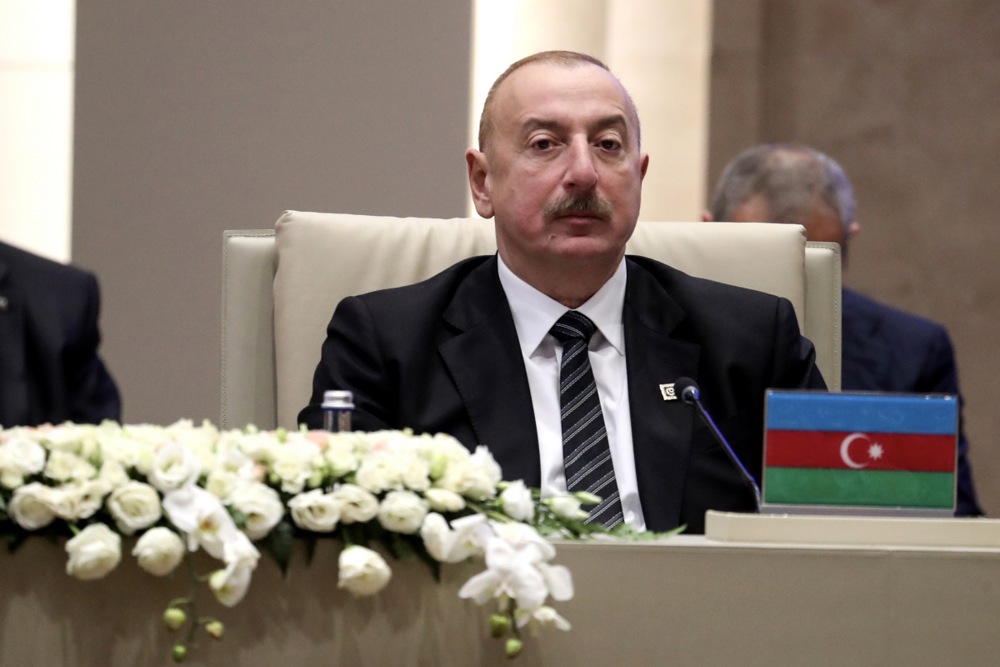The European Union’s plan to ban Russian gas imports by 2027 was at risk of being derailed by internal divisions and procedural burdens, according to Belgian MEP Yvan Verougstraete.
“I support a coordinated and ambitious ban on Russian gas imports,” Verougstraete said in a pointed press statement on May 6, the day the proposal is set to be unveiled.
“This step must mark a strategic advance for Europe. Breaking with Russian gas isn’t just geopolitical — it’s an accelerator for our energy transition and a pillar of our strategic autonomy.”
Speaking to Brussels Signal on May 6, Verougstraete’s spokesperson confirmed that while the MEP backed the European Commission’s upcoming legislative proposal, expected in June, he was alarmed at how the need for unanimity among member states could water down or delay the measure.
“If unanimity is out of reach, then all legal bases must be explored to move forward with qualified majority,” the spokesperson said.
Frustration has mounted over States including Hungary and Slovakia, said the spokesperson, countries which have continued to import Russian gas and were likely to oppose a full embargo.
According to Bloomberg on May 5, the EC was considering workarounds — such as flexible quotas or trade-based restrictions — as a way to bypass any lack of full consensus.
Verougstraete said he supported a total phase-out by end-2027, banning Russian gas delivered by both pipeline and LNG shipments.
“Setting a clear deadline sends a strong political signal, boosts market predictability, and accelerates investment in renewables and alternative infrastructure,” he said in his statement.
Despite that, as the Brussels-based Bruegel institute noted in an April report, countries in Central Europe remained deeply reliant on Russian supply.
These nations, Verougstraete acknowledged, would need tailored support or temporary exemptions — but he cautioned: “These adjustments must not dilute the overarching objective or indefinitely prolong a dependency incompatible with EU values and interests”.
He said the EC would propose strict reporting rules obliging companies to declare volumes and contract durations to national authorities and Brussels, to prevent any masking of Russian origin.
The draft roadmap seen by Reuters confirmed the EC’s intention to ban new Russian gas contracts by the end of 2025 and exit existing deals by 2027.
Implementing that, though, would hinge on legal mechanisms that companies could use to exit “take-or-pay” contracts. A full ban, the most potent legal route, could trigger force majeure clauses but unanimous backing has remained elusive.
In practice, short-term gas purchases were also hard to regulate. There was no uniform definition of “spot contracts” in the LNG market, complicating enforcement.
Additionally, tankers often carried unlabelled cargo, making it difficult to trace whether shipments fell under sanctioned categories. “Transparency over gas origin will be key,” the EC warned in the same draft.
Azerbaijan’s limited output and ongoing swap agreements with Russia risked making any reliance on Baku a false alternative, Brussels Signal reported on April 11.
In addition, while two new US LNG facilities began operating in early 2025 boosting exports by some 20 billion cubic metres (bcm), Verougstraete said these volumes would only materialise after 2027, leaving a potential supply gap in the interim.
He also emphasised that exiting Russian gas should not create new dependencies.
“We must strengthen sustainable partnerships with reliable suppliers and massively scale up local renewables,” he said.
That sentiment aligned with his warnings reported last month by Brussels Signal about the risk of replacing Russian gas with unstable US or Azerbaijani supplies.
The US, now pushing for expanded LNG exports as part of wider trade talks, was seen as the European Union’s primary fallback. Yet, as Brussels Signal has previously reported, policymakers have been wary of shifting reliance from one geopolitical actor to another.
Two new US LNG terminals started operating earlier this year but significant volumes would not be available before 2027 — just as the EU’s Russian phase-out was due to conclude.
The Financial Times recently described European Commissioner for Energy and Housing Dan Jørgensen’s roadmap, due for release on May 6, as “the most difficult” challenge of his career.
In 2024, the EU paid €23 billion for Russian energy, more than its military support to Ukraine that year.





